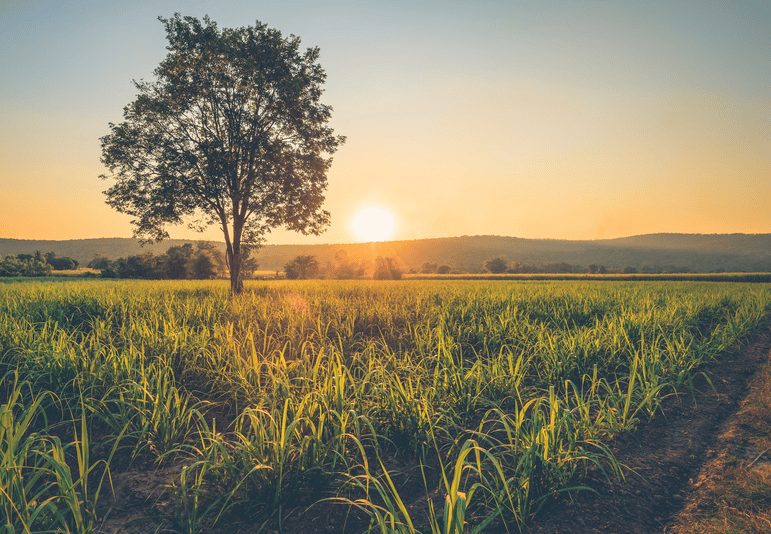Source: Ronald Lamola, Sunday Times, 13 August 2021, (Agbiz e-newsletter, 20 August 2021), photo credit: The Real Estate Guy
When debating policy, it is prudent to consider the long-term implications of our policies and not focus on personal attacks, which are more of personal feelings rather than an effort to improve standard of livingof South Africans. Unfortunately, Floyd Shivambu of the Economic Freedom Fighters (EFF), used the pages to advance a personal attack rather than advancing a coheren tland policy.
South Africa has serious challenges to deal with and cannot be consumed by personal insults. The ANC, since its inception, has advocated for land to be distributed to the people in whatever land holding the people choose. Also, as so eloquently summarised by Tembeka Ngcukaitobi in his latest book “Land Matters”, the ANC always favoured private property rights and only wanted to ensure that these rights to land are equitable redistributed.
Against this background,the freedom charter declared that the land would be shared amongst those who work it. The ANC government has restituted and distributed land to the people through various forms of land holdings, including free hold, leasehold, and communal land holding amongst others since 1994. Estimates by agricultural economists Wandile Sihlobo and Johann Kirsten place the areas of agricultural land that has been moved from white South Africans to government (and black land reform beneficiaries) by the ANC since government since 1994at15.56 million hectares.
This is equivalent to 20% of formerly white owned land and closer to the initial 30% target of the governing party. This not say we should be complacent but it is indicative of relative progress. These forms of tenure in this 15.56 million hectares are in line with the different preferences and unique situations of various communities and individuals in our society. It enables social participation in various forms, including communal, religious, cultural, sports, economic, etc.
Read more
The South African Pork Producers’ Organisation (SAPPO) coordinates industry interventions and collaboratively manages risks in the value chain to enable the sustainability and profitability of pork producers in South Africa.
















